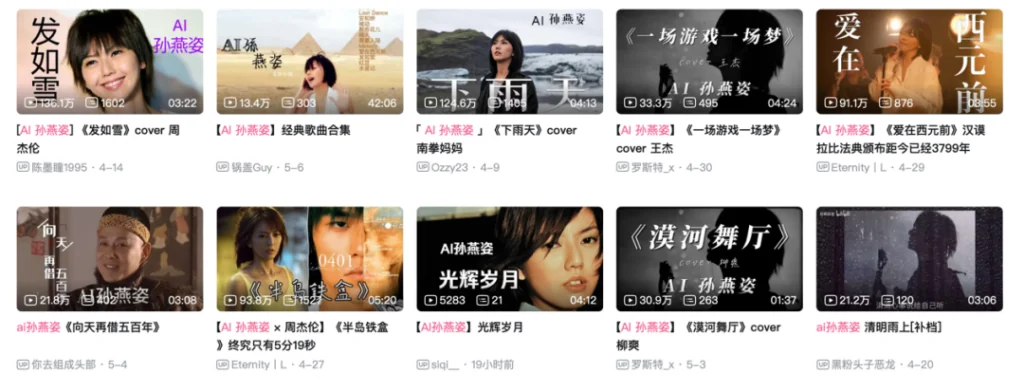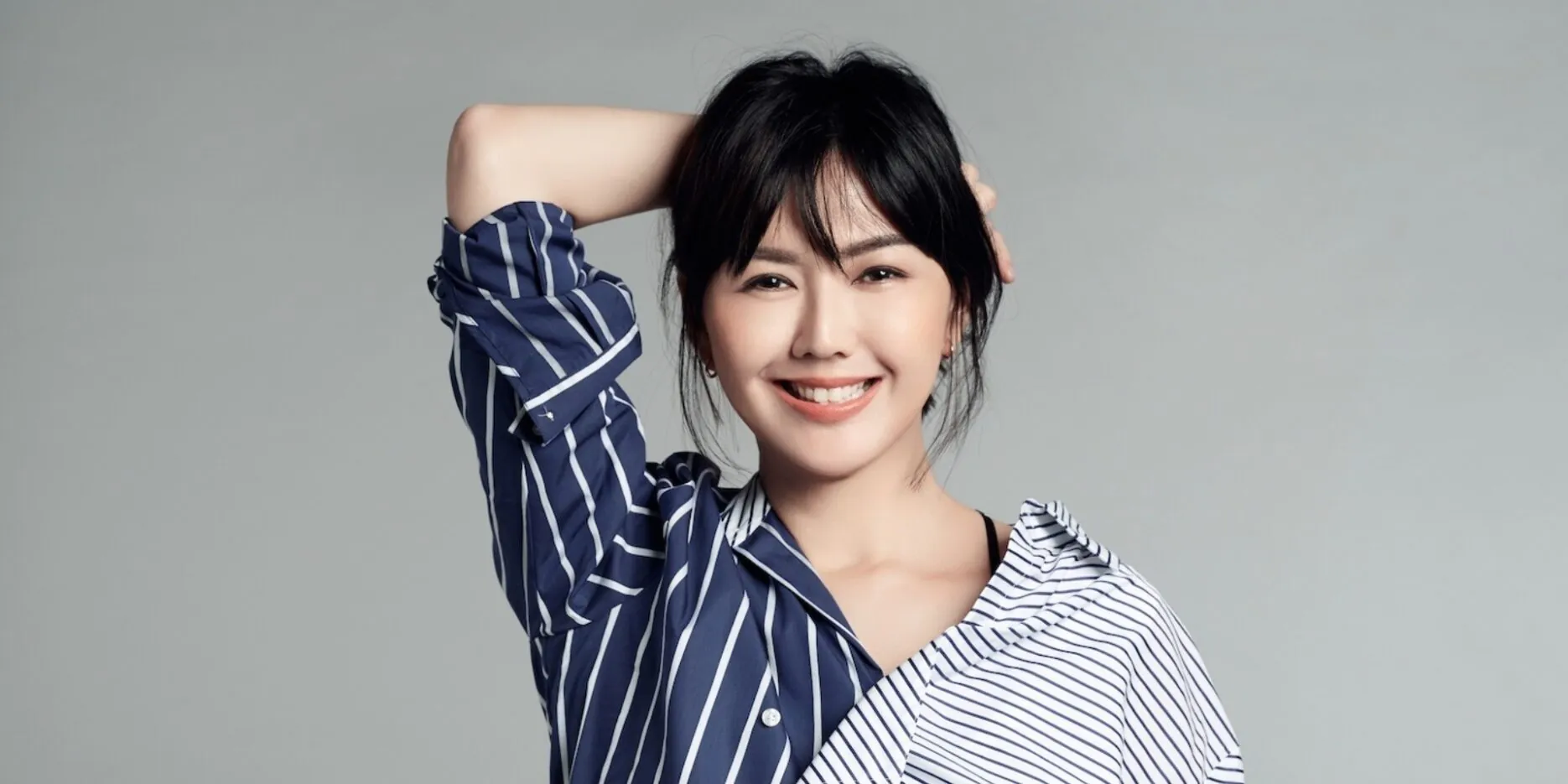C-pop singer Stefanie Sun recently went viral on China’s streaming site Bilibili. However, the reason behind her sudden popularity is not due to the release of a new album, but rather due to AI-generated songs created to mimic Sun’s voice.
Some of these videos have received over one million views, and the trend has become so popular that “AI Stefanie Sun” quickly became a trending topic on WeChat Index.

Meanwhile, on the social media platform Weibo, the hashtag “I didn’t expect that the first jobless person after AI came out was Stefanie Sun” garnered a whopping 4.32 million views, and another hashtag entitled “Expert detailed explanation for why AI Sun is infringement” amassed a staggering 4.46 million views. Many netizens discussed the potential benefits and legal drawbacks of AI-generated music.
Undoubtedly, the use of AI to recreate a famous singer’s voice is a groundbreaking achievement, with significant implications for the music industry. For one, it opens up new possibilities for artists to create music even after they have passed away, or for those who may have lost their voice due to illness or injury.
However, the use of this technology raises the question of whether these songs that mimic real singers’ voices without their consent violate the artists’ rights. As for Stefanie Sun herself, there has been no public response from her regarding the use of her AI-generated voice in these viral songs.
At present, copyright legislation in China does not provide any particular regulations for songs generated by artificial intelligence that mimic the voices of famous personalities. However, Chinese regulators have acted promptly in developing legal restrictions on the use of synthetic technology. In November 2022, China implemented a regulation that established guidelines for the use of their Midjourney and ChatGPT alternatives, which mandate that service providers confirm the real identities of users and maintain records of any illicit activities they may engage in.









